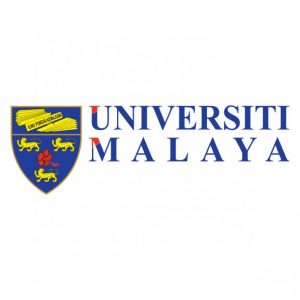
CENTER FOR LANGUAGE EDUCATION AND COOPERATION
Center for Language Education and Cooperation/ Confucius Institute Headquarters, as a public institution affiliated with the Chinese Ministry of Education, is committed to providing Chinese language and cultural teaching resources and services worldwide, it goes all out in meeting the demands of foreign Chinese learners and contributing to the development of multiculturalism and the building of a harmonious world.As China’s economy and exchanges with the world have seen rapid growth, there has also been a sharp increase in the world’s demands for Chinese learning. Benefiting from the UK, France, Germany and Spain’s experience in promoting their national languages, China began its own exploration through establishing non-profit public institutions which aim to promote Chinese language and culture in foreign countries in 2004: these were given the name the Confucius Institute.
Functions of Confucius Institute
- To make development plans and set down establishment and evaluation criterion for Confucius Institutes
- To examine, approve and establish Confucius Institutes
- To examine and approve annual project proposals, budgets and financial statements of Confucius Institutes worldwide
- To guide and evaluate the teaching activities and to control the quality of the operation of Confucius Institutes
- To provide Confucius Institutes around the world with the support and services of teaching resources
- To select and dispatch Chinese directors and teaching staff to Confucius Institutes, to offer training programs for the management teams and teachers of Confucius Institutes
- To organize annual Confucius Institute conferences


